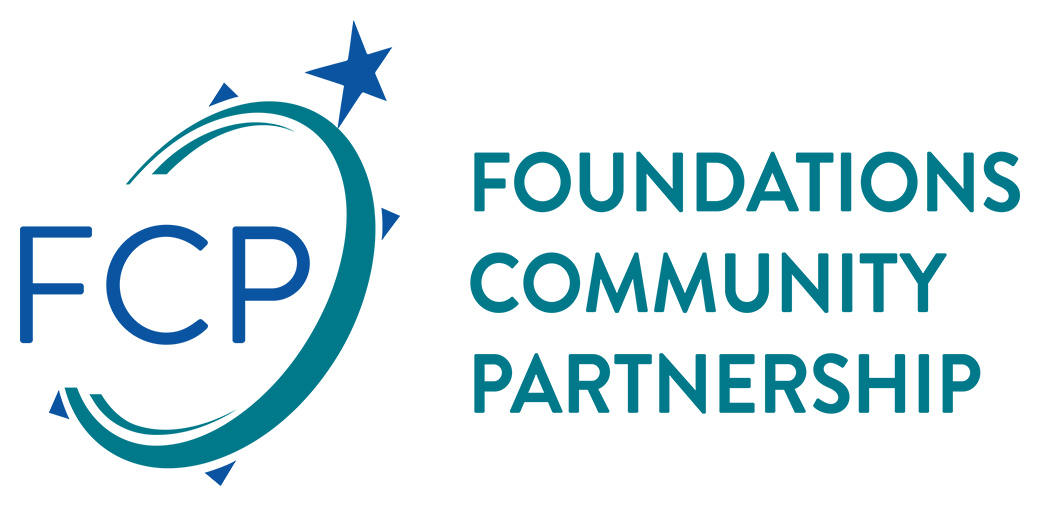Assessment and Intervention of Substance-Abusing Adolescents
Dr. Kathleen Meyers’ workshop will focus on appropriate adolescent assessment practices, emphasizing how adolescent development processes impact assesssment. Her presentation will teach us how to use collateral reports and protect against self-recrimination by substance-abusing juvenile offenders. She will also present the pre-requisite foundational program and system components prior to selecting an evidence-based treatment for these adolescents.
I expect this to be an informative workshop, especially for those of us who work with substance-abusing adolescents.

Very Informative Workshop!
I thought that Dr. Meyers provided a great deal of information today. It’s difficult to condense years of research and practice into 3 hours, but she managed to do this. Dr. Meyer’s presentation is an an example of the “Science/Practitioner” model in Behavioral Health. Her presentation was a balance of the “Science” (Research/Evidence Based treatment) and the “Practice” (Hands on, practical treatment) of adolescent clients in need of both Drug and Alcohol, and Mental Health treatment. I found this refreshing. Let me know your thoughts.
A couple more comments before I get off the air. Since my 30 year practice is not specific to Drug and Alcohol treatment, I did get lost in the “alphabet soup” of “jargon”. Thank you to those who were brave enough to ask for clarification of the abbreviations used.
Also, and more important. The discussion of what assessment questions/responses that the court should see pre-trial for the drug abusing adolescent struck a nerve for me. The balance between public safety and confidential information between a Physician/Psychologist etc, and the client is shifting.
In the “old days” (a couple of years ago) the Doctor/Patient confidentiality relationship was secure, even in court. The patient held the right to what was disclosed under most circumstances, even in the courtroom.
Unfortunately, as Dr. Meyer presented, this treatment tool is eroding. Research shows that patients/clients will not share information required for treatment if it will incriminate them. Dr Meyer was clear that sharing of information between the legal and treatment “branches” of the system with adolescents is important.
Her presentation presented a conflict for further thought. As one participant questioned (simplified); “What’s more important, public safety or individual treatment?”
Any thoughts?